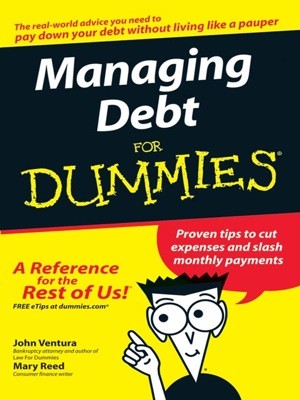Managing Debt
Post on: 12 Май, 2015 No Comment

How to Get a Higher Rate on Your Savings
Make a Few Simple Changes and Earn More
By Monica Steinisch
The Federal Reserve has cut interest rates nine times this year (the last time was on October 2), and many of us are watching as the interest we receive on our passbook savings accounts dwindles to almost nothing. As of October 11, in fact, banks nationwide were paying an average interest rate of just 1.09 percent on passbook accounts—far below the inflation rate—and some banks have been paying less than that. Meanwhile, the cautious among us are keeping more of our money out of the stock market and putting it in interest-bearing investments, so collecting every penny of interest available to us is as important as it’s ever been.
Even before interest rates plunged, American savers were missing out on some of their rightful interest income. Last year, the Consumer Federation of America (CFA), a Washington, D.C.—based nonprofit consumer advocacy organization, quantified our loss. It commissioned a study of Federal Reserve Board data on American saving habits that showed that, as a nation, we are leaving up to $50 billion in potential interest payments on the table every year. Why? Too often, we are depositing our money in low-yielding savings vehicles, such as passbook or statement savings accounts.

As surprising as it may be to learn that savers-including low- and moderate-income savers who can’t afford to walk away from earnings—are missing out on such a huge amount of interest income, the findings of the study are actually quite encouraging. That’s because they show that the most common barriers to saving money in higher-yielding accounts are easily overcome.
Obstacles to Higher Yields
Why are savers letting interest income slip through their fingers? In another survey, CFA uncovered some of the reasons. For one, millions of savers are badly informed about the features and yields of different savings options. They also lack awareness of the dramatically positive effect that even a single point increase in interest can have on their savings over time. Finally, they make their choices out of habit and not with an eye to getting the best returns.
In short, too many of us think that the interest we can earn on modest savings balances is not significant enough to warrant the time and energy we’d need to research alternatives and shift our money to new accounts. Clearly, many of us have not witnessed the magic of compound interest.














